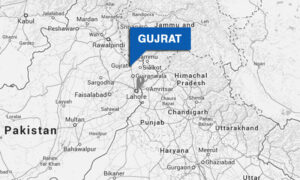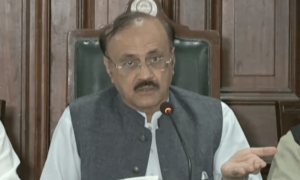The Pakistan Telecommunication Authority (PTA) on Tuesday hosted a consultation session on its virtual private networks (VPNs) registration framework, which aimed to foster a “secure environment for the IT and e-commerce sectors in Pakistan”, a press statement said.
VPNs are widely used around the world to access content that may be inaccessible or blocked for internet users in their home country. In the case of Pakistanis, VPNs are used to access X, among other restricted websites.
The move comes days after multiple internet users from across the country reported they were experiencing “restricted access” VPNs, alongside poor internet connectivity.
Digital rights activists termed the disruption the government’s attempt to “enforce strict censorship and surveillance over citizens”. The PTA, however, dismissed users’ claim that it was “throttling” VPNs and said the disruptions were caused by a “technical glitch”. It also urged users to register their VPNs.
According to the statement, today’s meeting was attended by representatives from the Ministry of IT & Telecommunication (MoIT&T), the Pakistan Software Export Board (PSEB) and the Pakistan Software Houses Association (P@SHA).
“The PTA introduced a streamlined VPN registration process, allowing legitimate users to register their VPNs through a new online portal at ipregistration.pta.gov.pk,” the statement said.
The authority claimed that this simplified framework “supports uninterrupted access for IT companies, freelancers, and other stakeholders, reinforcing PTA’s commitment to Pakistan’s expanding digital economy”.
Participants also addressed concerns about the potential use of VPNs for illegal activities.
“As a proactive measure, companies and freelancers will be encouraged to register their VPNs to ensure smooth operations and mitigate disruptions,” it added.
“This consultation process underscores PTA’s dedication to creating a safe, accessible, and compliant digital landscape, empowering the country’s IT sector while safeguarding national security,” the statement concluded.







